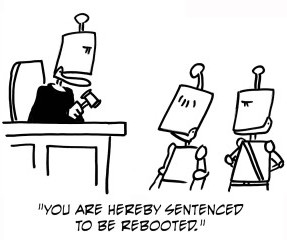Everything You Should Know About AI Legal Tech
Percipient
JANUARY 20, 2025
It can also help with legal research, finding relevant case laws or statutes quickly without endless hours of manual searching. Natural Language Processing (NLP) Natural language processing is what helps AI tools make sense of human language, even the complex and technical terms often used in legal documents.












Let's personalize your content